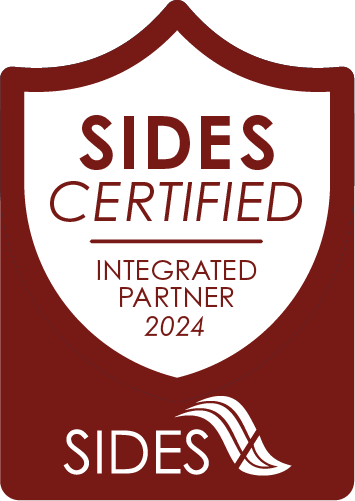10. Didn’t respond to the claim in a timely fashion
All states have a deadline by which employers have to return UI claims in order to protect their rights. In some states, an employer forfeits its ability to protest a claim or is considered an NPI (non-party of interest) if a response is received late.
9. Didn’t send in all necessary documents to present the case in the best light
In order to expect the state (or Judge/hearing officer/Referee) to make the right decision, an employer needs to send all evidence in with the claim. That includes warnings, relevant policies, witness statements, etc. Some states won’t allow a party to raise a new issue at the hearing, so an employer who failed to send in a warning will not be permitted to introduce the warning at the hearing.
8. Didn’t bring the correct witnesses to the hearing
An employer must provide “firsthand” evidence rather than “hearsay.” If the claimant denies committing an infraction or violating a policy, an employer has to rebut that testimony with firsthand testimony of its own. Therefore, the witness(es) who observed the behavior in question need to appear at the hearing. A signed or notarized statement is not sufficient as hearsay evidence doesn’t carry as much weight as firsthand testimony. A UI hearing does not follow the same rules of evidence as a court of law, so hearsay is admissible where it may not be in other forums, but it’s not sufficient in most cases.
7. Didn’t know the law
In many cases, the law wasn’t on the employer’s side and therefore an unfavorable decision is inevitable. In such cases, the employer could have saved hours of time and preparation, if it was more well-versed in the UI law. As an example, in some states quitting to take another job is considered “with good cause.” While this may be counter-intuitive to some, proceeding on that issue is pointless in some states, but not in others.
6. Didn’t follow its own progressive discipline policies (or didn’t have any)
In most instances, when an employer terminates an employee for a “one-time incident” it’s hard to prove misconduct (the requirement to prevail in a UI case). Like #7 above, proper knowledge of the UI law helps an employer make disciplinary decisions that lead to better outcomes in UI cases. If an employer can’t prove that a person was aware they could be fired for the transgression, the employer hasn’t met its burden of proving misconduct.
5. Didn’t have a clear, consistent, and distributed Employer Handbook
As stated above, an employer has the burden of proving that the claimant was aware of its rules, knew the consequences of violating those rules, but chose to do it anyway. It is imperative for an employer to be able to prove they distributed the handbook and be able to point to a rule the claimant violated. Certainly not easy, but a signed, or electronic, receipt of the handbook goes a long way towards meeting this burden. As laws change, so must the employer handbook, so if an employer hasn’t updated their manual recently, it is surely outdated and requires some revising.
4. Didn’t properly prepare the witnesses for the hearing
Many people who testify at a UI hearing are doing so for the first time. If the employer has brought the correct witnesses, it’s likely many of those people are non-management and may have never participated in anything like an unemployment hearing before. They need to understand what to expect and what types of questions they will face. Ultimately the Judge will have to determine whether to believe the claimant or the employer’s witnesses, so the more confident and relaxed witnesses appear, the more likely the Judge will believe them.
3. Didn’t have the right representative
In all states, employers are permitted to bring a representative to the hearing, and in almost all states that person does not need to be an attorney. An employer should seriously consider having an experienced, professional representative present the case, call the witnesses, introduce the evidence, and cross-examine the claimant (and claimant’s witnesses), as that may be their only opportunity to do so.
2. Didn’t request the hearing in a timely fashion
The state departments of labor issue a determination which indicates whether a claimant is eligible or disqualified from the receipt of UI benefits. Each state has its own deadline by which an employer needs to protest and request a hearing. If an employer is late, then it is likely to be time-barred from receiving a ruling on the merits of the case. Each state handles the “timeliness” issue differently, but in all states, a party who appeals late, and can’t provide a compelling reason, will not obtain a favorable decision.
1. Didn’t appear for the hearing
It may sound simple, but an employer is not likely to prevail at a hearing if it doesn’t appear. An employer should not ignore the notice, but more to the point, they must have seen the notice in order to appear. Therefore, an employer that has many locations, or possibly has gone largely remote during the pandemic, needs to have all hearing notices (UI correspondence in general) sent to a location where someone works every day AND knows what to do with such notices. Often hearing notices come with little lead time, so the sooner an employer receives the notice, the faster they can take action by securing the correct witnesses and gathering all evidence as discussed above.
Industrial U.I. Services has been representing employers since 1968 and can help you create better cases with HR support and UI training and present the case in the best possible way with proper preparation and representation. There’s way too much to lose to leave this process to people who are not well versed in the UI laws.



